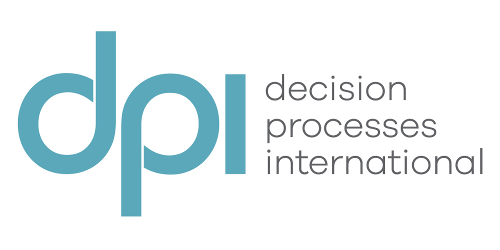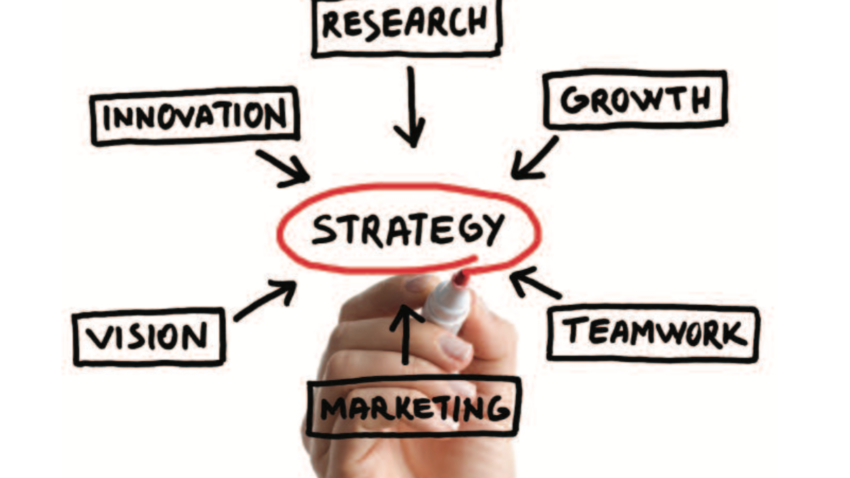What do Michael Phelps and Placido Domingo have in common?
Not so obvious is it? Here’s a hint: they both excel at a skill which many of us take for granted, are not able to “control” and, for the most part, are not consciously aware of. Yet, this is a skill that is essential to life.
If you’ve not got it, the skill we’re referring to is breathing. Luckily for us, “basic breathing” is not something that requires conscious effort. Imagine how tedious life would be otherwise. However, notwithstanding the impact of yoga over the last 20 years, few people really understand how to breathe correctly or have studied the art as a part of a conscious effort to improve their ability. What about you? Can you control your breathing in response to different situations?
Why then do these individuals bother? The answer is that for their chosen profession it is not a ‘nice-to-have’ or something taken for granted. “Professional standard” breathing is an explicit and critical skill essential to their success.
Thinking is the breathing of business
We hope that the parallel between breathing for Phelps and Domingo and thinking for those of us wishing to be winners in business is obvious. Quite simply, thinking is the “breathing” of business. For us to be successful in our corporate lives, or as an entrepreneur, “gut feel” thinking is rarely sufficient in the complex and fast-paced world we live in.
DPI’s raison d’être is to help our clients and their employees at all levels to think critically. This leads to two obvious questions:
What separates critical thinking from “ordinary” thinking?
Can critical thinking be learnt?
What is Critical Thinking?
The success and failure of any organisation rests on the quality of the thousands of decisions made and implemented every day, every week and every month. Like much other business jargon, the term “Critical Thinking” has been around for many years. However, few can describe what it is, and fewer still can explain how to do it. Let us offer a very down to earth definition: Critical Thinking is thinking that is critical to success and, therefore, is too important to be left to chance.
Good Critical Thinkers possess the following attributes:
- Ability to ask specific and incisive questions at the right time
- Awareness of where they and others are in their thought process
- Clear-thinking even when under pressure or working on issues outside of their domain expertise or core experience
Here are some examples of real situations faced by our clients. How would you react if confronted with any of these?
- Two weeks away from a product launch the Strategic Partner pulls out, and the marketing campaign has already been set in motion.
- Developing a recommendation for a new CRM system when you are completely unfamiliar with the topic.
- Facilitation of an impromptu meeting to uncover the reason for a host of customer service issues.
Would you know where to begin? What you would do first? How to proceed? Which questions to ask? Would “ordinary” or sub-conscious or “gut feel” thinking suffice?
It is in these situations that the ability to consciously “activate” critical thinking processes – reusable and expeditious road-maps of how to gain clarity, address problems, make decisions, be innovative – come to the fore.
The winning organisation of the future will be the one that can out- think, not out-pace, the competition. This out-thinking shouldn’t be restricted to the top echelons of management, so the leader must also take steps to be a critical thinking coach. The leaders who figure out how to harness the collective genius of the people in their organisations are going to blow the competition away.
As the famous saying goes, “Give a man a fish and you feed him for a day. Teach him how to fish and you feed him for a lifetime”.
For more information on critical thinking please contact us



